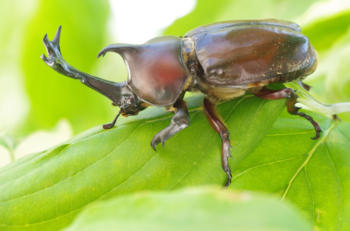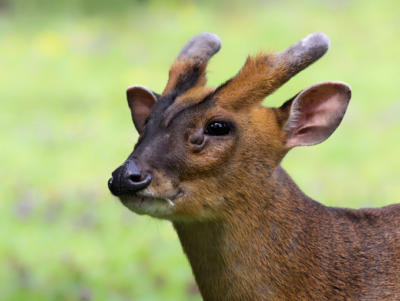New microbes discovered in tree sap, on a solar panel and in people
Posted on February 11, 2020 by Laura Cox
Each month, the Microbiology Society publishes the International Journal of Systematic and Evolutionary Microbiology (IJSEM), which details newly discovered species of bacteria, fungi and protists. Here are some of the new species that have been discovered and the places they’ve been found.
This month, a new species and genus of bacteria was discovered in a sample of human blood. The blood was collected from an immunocompromised patient in a hospital in Spain. The researchers named this opportunistic pathogen after the Spanish bacteriologist Juan Sáez-Nieto. This was not the only new human pathogen described in IJSEM this month;Chitinophaga vietnamensis was discovered in diabetic patients in a hospital in Vietnam. This new species produces yellow colonies when grown in the lab and was found to be resistant to multiple antibiotics, including vancomycin, beta-lactams and fluoroquinolones.

Plenty of new microbes have been found in animals this month. During a study of the microbiome of insect larvae, a new species of bacteria named Xalanimonas allomyrinae was found in the gut of a Japanese rhinoceros beetle larva. Muricauda alvinocaridis was found in the gill of a shrimp living in a hydrothermal field in the East China Sea, and the beige pigmented Arthrobacter ulcerisalmonis was found in an ulcer of an Atlantic salmon on a fish farm in Chile.
Over 100 years ago, a spiral-shaped bacterium was isolated from a lesion of a woman with syphilis. This bacterium was named Treponema phagedenis but, until this month its name had not been validly published. In 1997, T. phagedenis was also found to cause digital dermatitis; a common foot disease in cattle. After a detailed analysis of six samples collected from cattle foot lesions, researchers in Switzerland were able to finally validly publish the name of T. phagedenis, 108 years after its first discovery.
Researchers in China discovered Streptomyces aquilus on the leaves of Siberian Cocklebur; a plant commonly used in traditional Chinese medicine. Researchers have also found Nesterenkonia muleiensis, a new species of bacteria in the sap of a desert poplar. In India a round orange bacterium was found in the rhizosphere of an orchid which researchers named Paracoccus aeridis. A plant’s rhizosphere is the diverse microbial community that lives in the soil around plant roots which regulates the composition of its surroundings, making it an important part of the plant ecosystem.

The Formosan barking deer are a Taiwanese subspecies of Reeves’ muntjac. Named after their distinctive barking sound, these deer originate in Southeast China but have been imported to the UK and Europe. This month, a new species of bacteria was found in the faeces of a Formosan barking deer in Taiwan. The bacteria, called Weissella muntiaci, are shaped like short rods and grow best in high concentrations of carbon dioxide.
Two new species of yeast were found in Taiwan this month. Both species', named Teunomyces basidiocarpi and Candida kruisii, were found on the fruiting bodies of mushrooms. In Japan, near to the crater lake of the Mount Zao volcano, scientists found a new species of bacteria which they called Dicyobacter vulcani. D. vulcani was isolated from a soil sample and showed antimicrobial activities in experiments.
Exposed by nature, solar panels undergo a number of extreme environmental conditions, making them uninhabitable to many micro-organisms. Due to this hostile environment, microbial communities found on solar panel surfaces are adapted to withstand solar radiation, drying and temperature fluctuations. This month, in Boston, Massachusetts, a bright orange bacterium named Sphingomonas solaris was found by a team of researchers investigating the microbial communities that survive on solar panels.
The full papers describing these species are available to journal subscribers, but the abstracts are free to read. Articles can also be purchased individually with the pay-per-view option.


